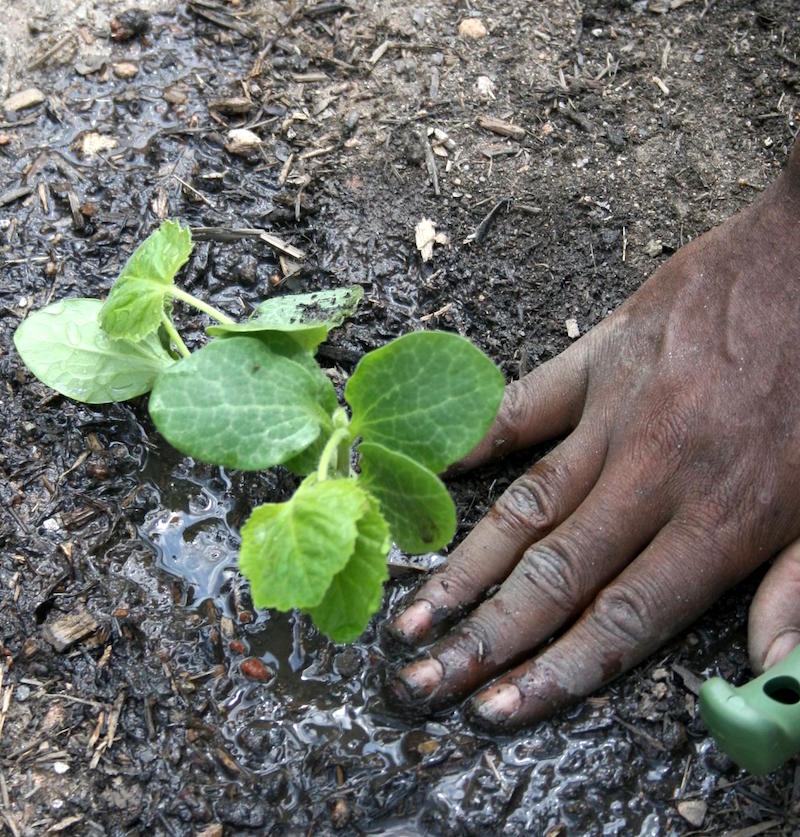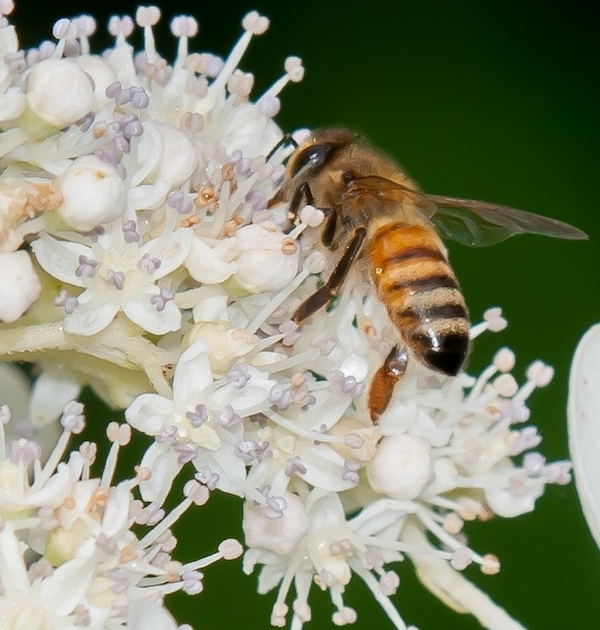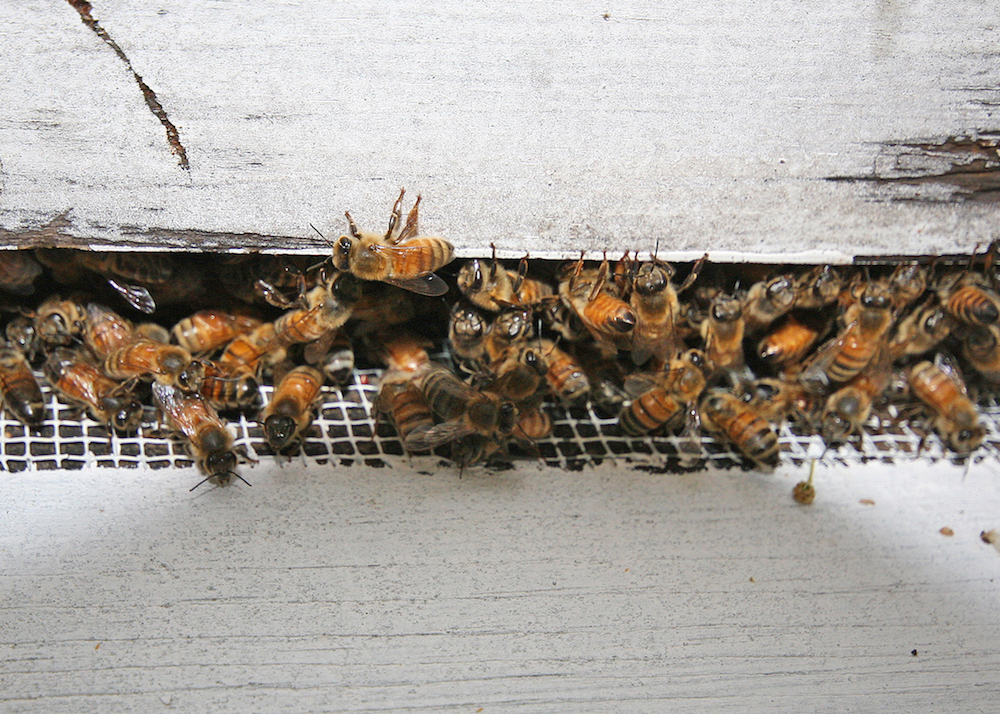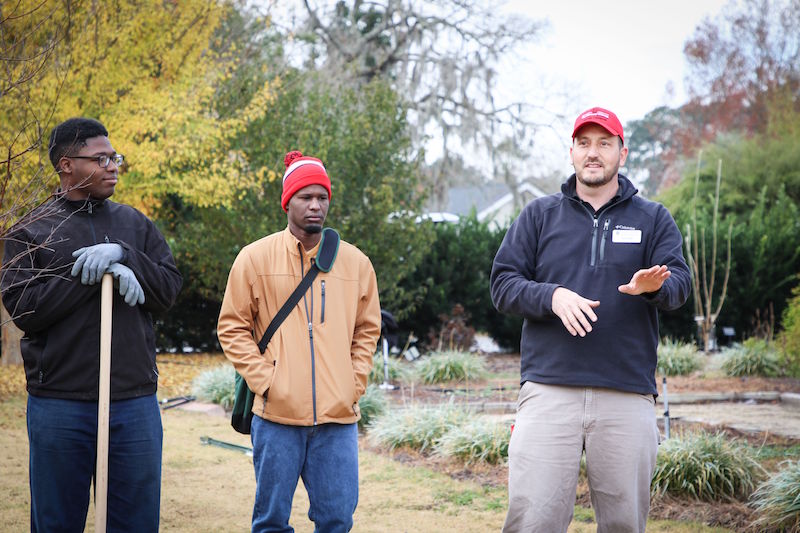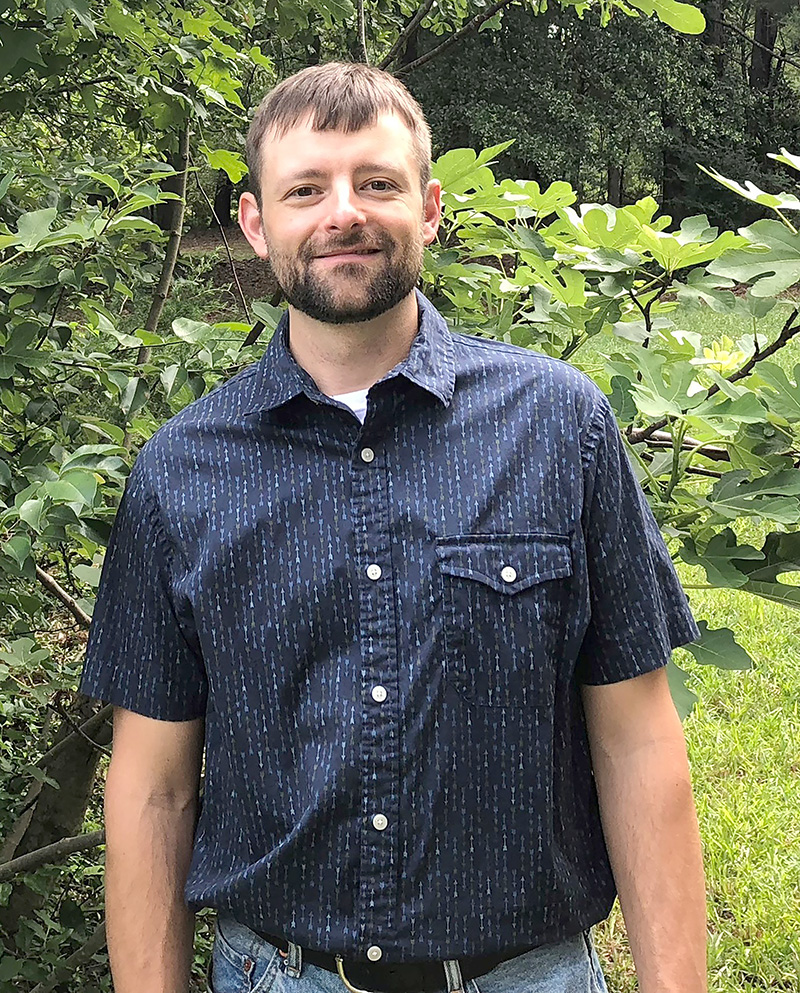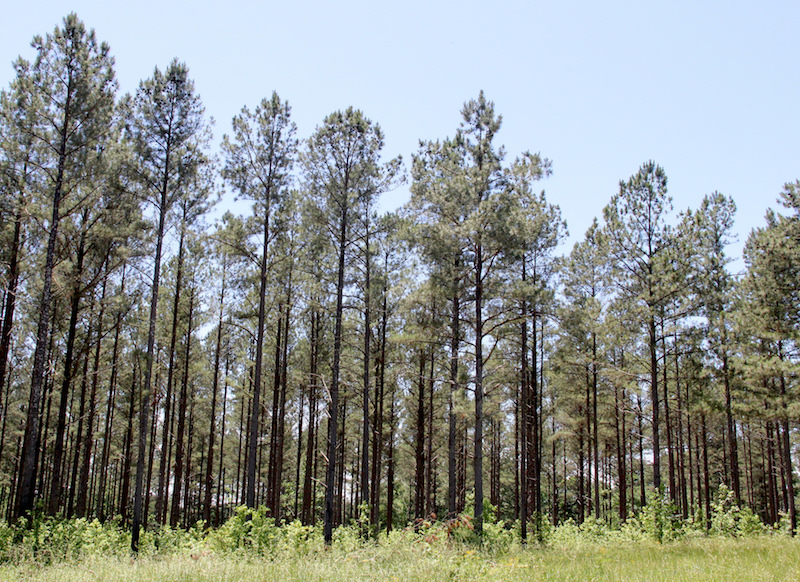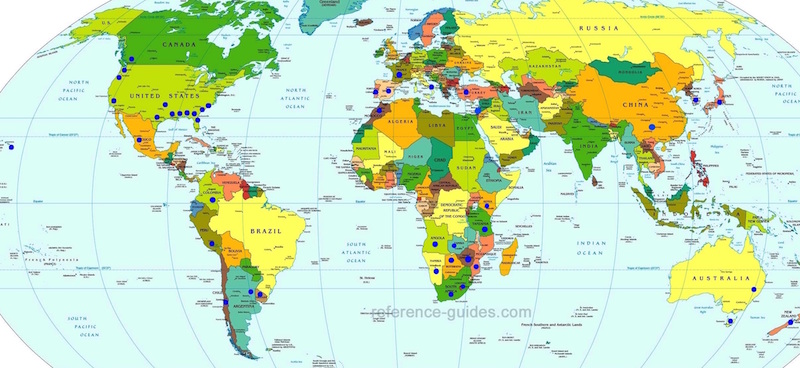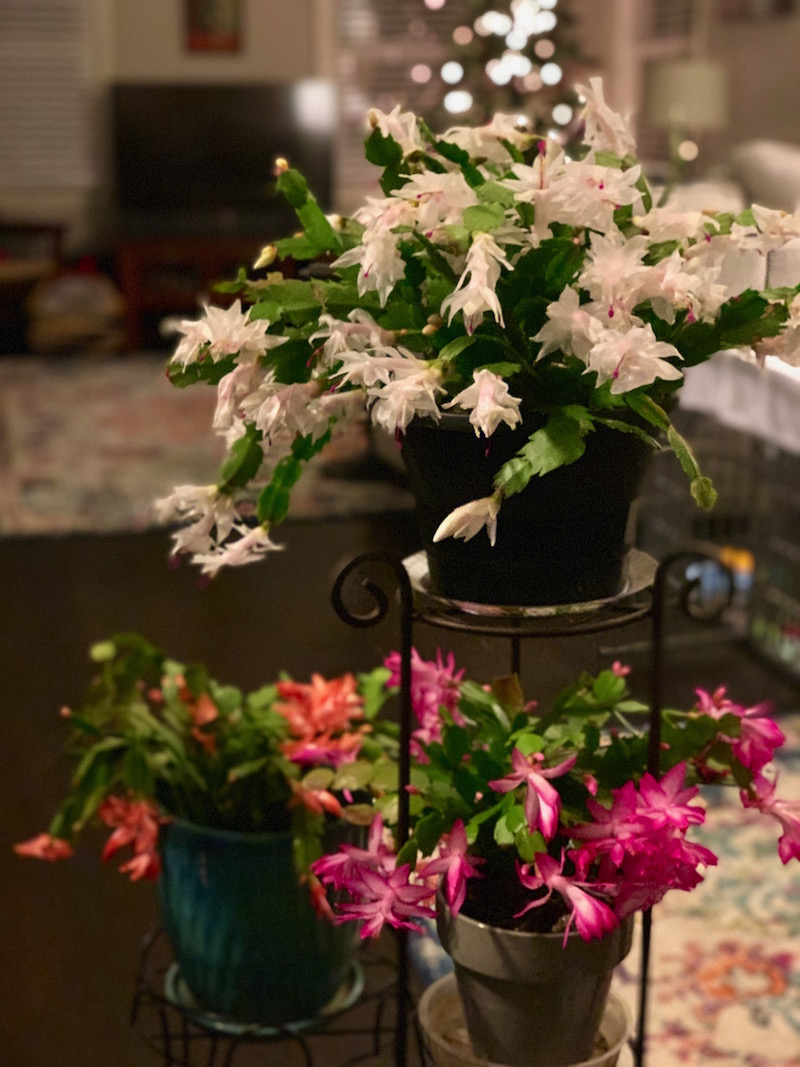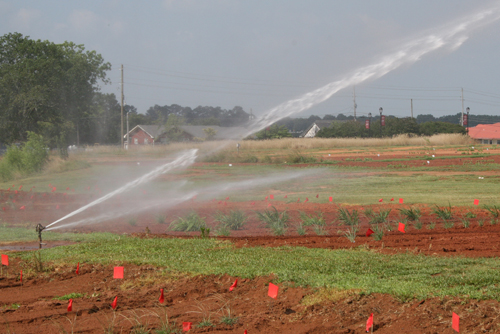 CAES News
CAES News
Soil Sensors
Farmers know water is a valuable resource, and many farmers are now using soil sensors in their fields to control soil moisture content. Small-plot and home gardeners can take a cue from professional farmers by becoming more conscientious about when they apply irrigation to home landscapes and gardens throughout spring and summer, says Andre da Silva, University of Georgia Cooperative Extension vegetable horticulturist.

